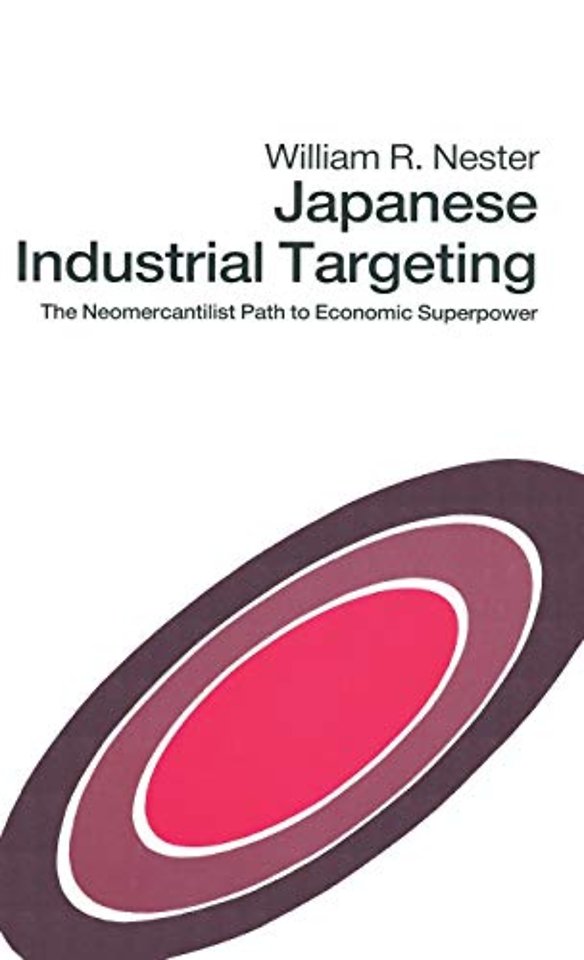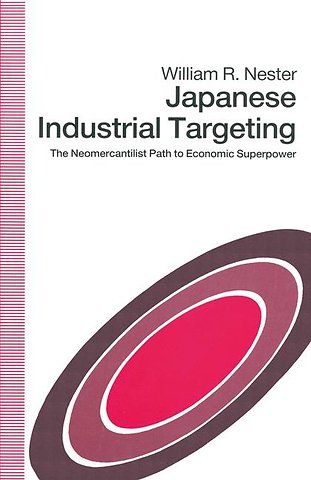Japanese Industrial Targeting
The Neomercantilist Path to Economic Superpower
Samenvatting
Japan achieved it's present economic position by rejecting free trade theory and instead mastering neomercantilist policies which target strategic industries for development with a range of government sponsored cartels, subsidies, import barriers and export incentives. These policies stimulated an economic growth rate which averaged ten percent before 1973, and five percent since, rates four and two times greater than America's during the same periods. This book analyzes the policy making process, implementation, successes, occasional shortcomings, and challenges posed by Tokyo's neomercantilist policies toward its trade rivals.

